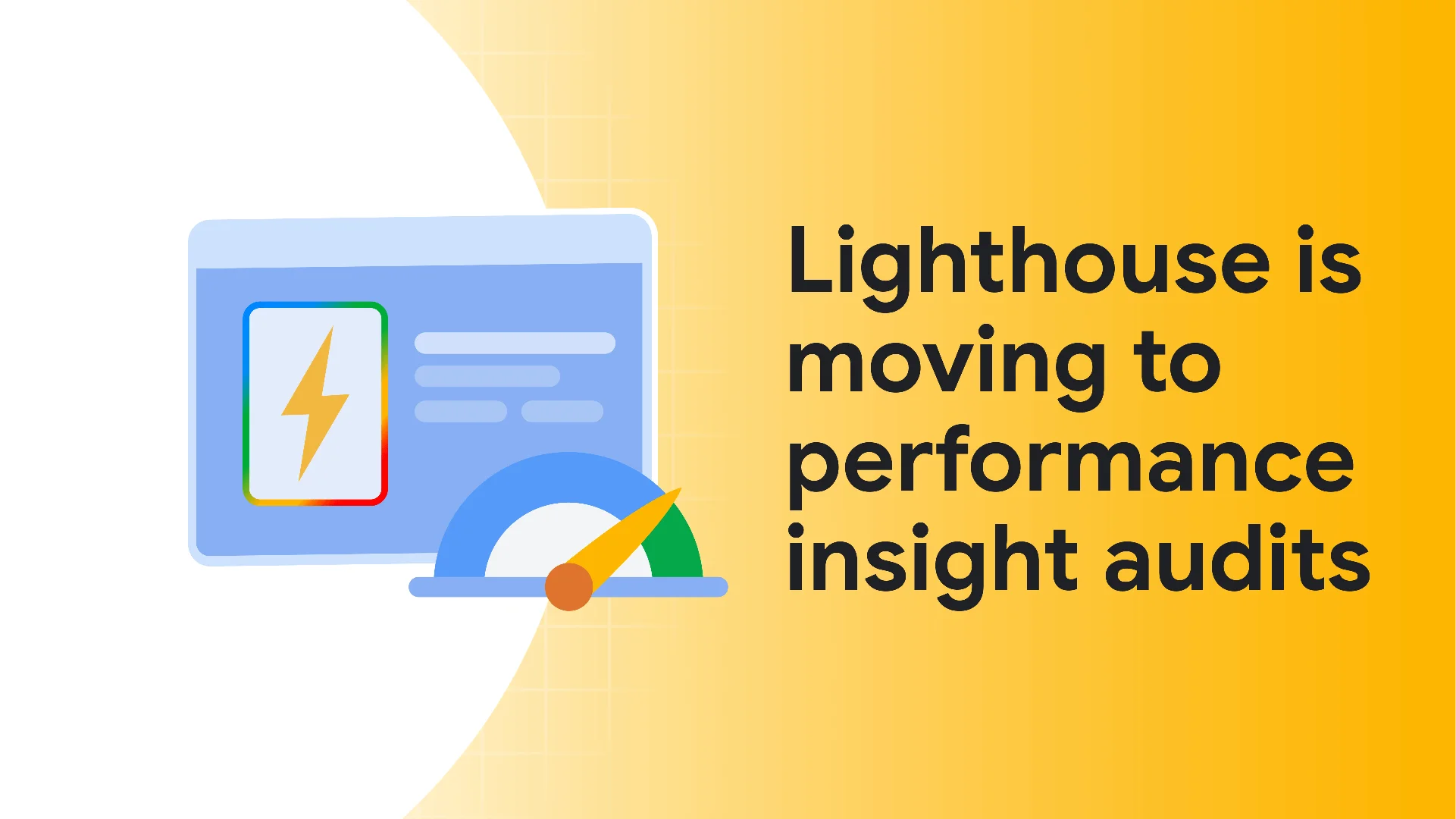Google's John Mueller hinted at potential changes to sitewide helpful content signals to allow new pages to rank. However, these changes may not be sufficient.
The Helpful Content Signals (HCS), launched in 2022, initially applied to entire websites, classifying them as unhelpful and preventing them from ranking. These signals were integrated into Google's core ranking algorithm, shifting the focus to page-level signals.
Key points are:
- There is no single system for helpfulness. It's now a collection of signals within the core ranking algorithm.
- The signals are page-level, but site-wide signals can impact overall rankings.
Publishers have expressed frustration over the site-wide effect, which they believe hinders the ranking of new, high-quality pages. Mueller suggested that Google might lighten the helpfulness signals to allow individual pages to rank. However, there is skepticism about the impact of this change on many websites.
Mueller mentioned that the search ranking team is exploring ways to highlight high-quality pages from sites with strong negative sitewide signals.
Changes to sitewide signals may not be enough. Google's search console only notifies publishers about manual actions, not about ranking losses due to algorithmic issues like helpfulness signals.
Rankings can be influenced by various factors, including changes in how a query is understood, changes in quality signals, search trends, competitor improvements, and infrastructural changes to accommodate more AI. If rankings don't improve, it may indicate a knowledge gap obstructing a solution.
Publishers have incorrectly attributed ranking losses to specific updates or signals. It's important to remember that one cannot be certain that a specific signal is the reason for a rankings drop.



















